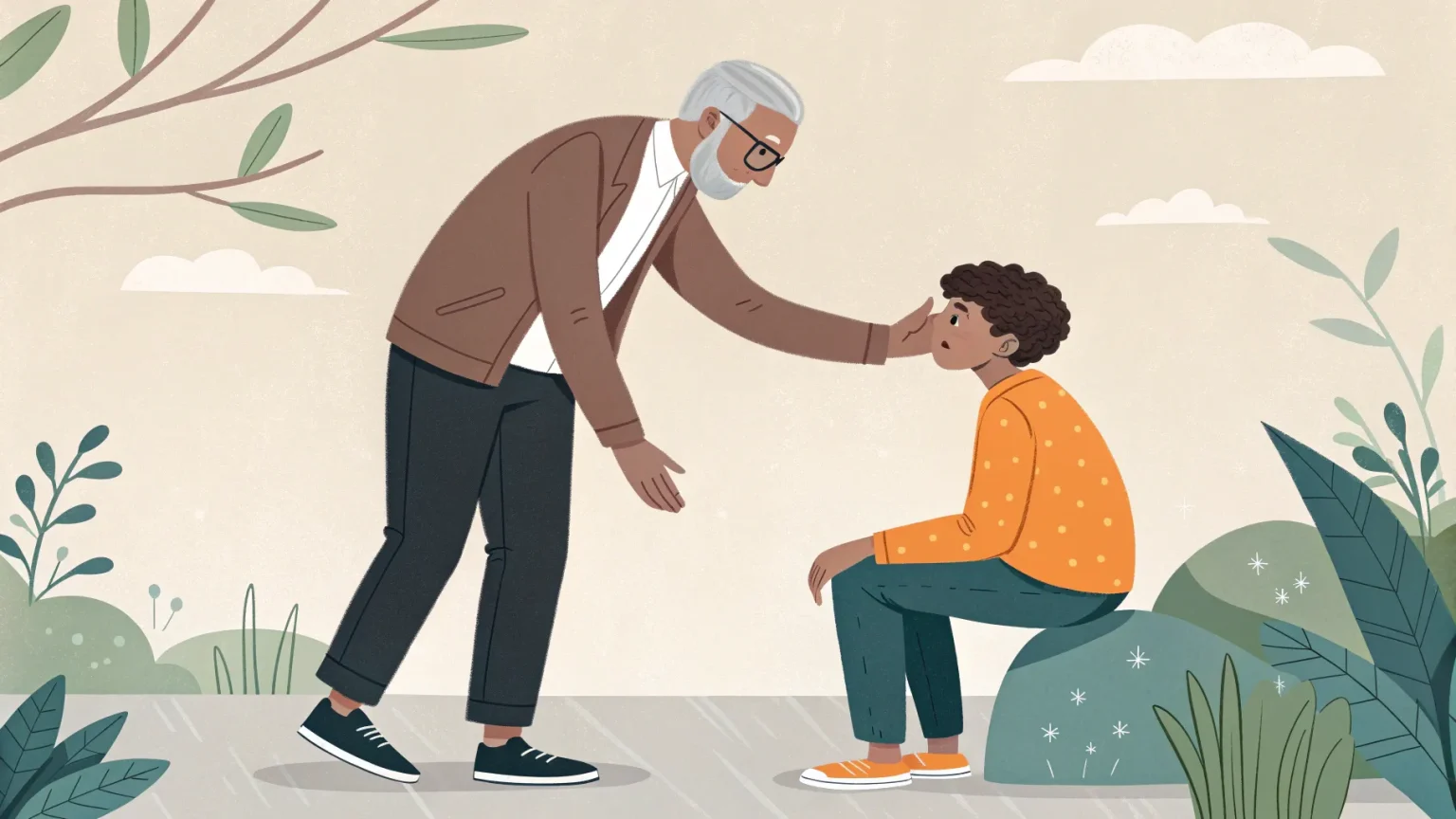I’ve noticed something interesting in my years of coaching and mentoring: people rarely ask for help directly. It’s almost as if there’s a stigma attached to admitting we don’t have all the answers. The question I wish I’d hear more often is simply, “Can you help me, Dave?”
This reluctance to seek assistance is holding many people back from reaching their full potential. When we try to figure everything out on our own, we miss out on the collective wisdom and experience of others who have already walked similar paths.
The Power of a Simple Question
Asking for help isn’t a sign of weakness—it’s a sign of intelligence and self-awareness. The most successful people I’ve worked with throughout my career at Leigh Steinberg Sports & Entertainment and beyond have been those who weren’t afraid to admit what they didn’t know and actively sought guidance.
When someone asks me for help, my approach is straightforward but effective. I start by understanding their current situation:
- What are you doing today?
- What’s working in your current approach?
- What’s not working?
- What do you like about your situation?
- What don’t you like?
This assessment gives me clarity about where they stand and what they need. I then dig deeper to understand their knowledge base: what do they know and don’t know about the subject matter, topic, or expertise they’re pursuing?
Connecting People with Solutions
Once I understand someone’s situation, I can either help them directly or connect them with someone who can. My network has become one of my most valuable assets precisely because it allows me to be a bridge between problems and solutions.
I never position myself as having all the answers. Instead, I use what I call a transition statement: “Would it help you if…” This approach is non-threatening and collaborative. I make suggestions rather than demands. I ask questions rather than making declarations. And I make introductions rather than creating dependencies.
The greatest value I can provide often isn’t in what I know, but in who I know and how I can connect people to the right resources.
Why We Hesitate to Ask
I believe there are several reasons people don’t ask for help more often:
- Fear of appearing incompetent or unprepared
- Pride and the desire to figure things out independently
- Not wanting to burden others with their problems
- Uncertainty about who to ask or how to ask effectively
- Previous experiences where asking for help didn’t yield positive results
These barriers prevent meaningful connections and slow down progress. In my experience coaching entrepreneurs and athletes, those who overcome these hesitations advance much more quickly than those who don’t.
Creating a Culture of Assistance
My mission has evolved to include creating environments where asking for help is normalized and celebrated. Whether in business settings or personal relationships, I encourage open communication about needs and challenges.
When we ask for help, we not only solve our immediate problems more efficiently, but we also create opportunities for connection. Every time someone asks me for help, they’re giving me a gift—the opportunity to be of service and to make a difference.
This perspective shift—from seeing asking for help as a weakness to recognizing it as an opportunity for both parties—can transform relationships and accelerate growth.
Start Asking Today
If you take away one thing from this article, let it be this: Don’t wait to ask for help. Identify areas where you’re struggling or uncertain, and reach out to someone who might have insights or connections that could benefit you.
The worst that can happen is they say no. But in my experience, most people are happy to help when asked directly and specifically. And remember, asking for help gives others the gift of being helpful—something most of us genuinely enjoy.
So I’ll end with a question: How can I help you today?
Frequently Asked Questions
Q: How should I phrase my request when asking someone for help?
Be direct and specific about what you need. Instead of vague requests, clearly state your challenge and what kind of assistance would be valuable. For example, “I’m struggling with X aspect of my business. Could you share how you’ve handled similar situations?” This clarity makes it easier for the person to determine if and how they can help you.
Q: Won’t people think I’m incompetent if I ask for help too often?
Actually, research shows the opposite is true. Those who ask thoughtful questions and seek guidance are typically perceived as more intelligent and engaged. The key is to demonstrate that you’ve put in initial effort and thought before seeking assistance, rather than expecting others to do all the work for you.
Q: What if the person I ask for help says no?
Don’t take it personally. People have different constraints on their time and resources. Thank them for considering your request and move on to ask someone else. Remember that a “no” often has more to do with their current situation than with you or your request. Persistence in finding the right helper is key to eventually getting the assistance you need.
Q: How can I reciprocate when someone helps me?
Express genuine gratitude first. Then look for opportunities to provide value in return, whether through your own expertise, connections, or simply by paying it forward and helping others. Building a reputation as someone who both asks for and offers help creates a positive cycle of mutual assistance in your professional and personal networks.
Q: Is there a difference between asking for help and networking?
While related, they serve different purposes. Networking is about building relationships that may provide value in the future, while asking for help addresses a specific current need. However, both require authenticity and mutual benefit to be effective. The strongest networks are built on genuine connections where people freely ask for and offer assistance based on their unique strengths and resources.







